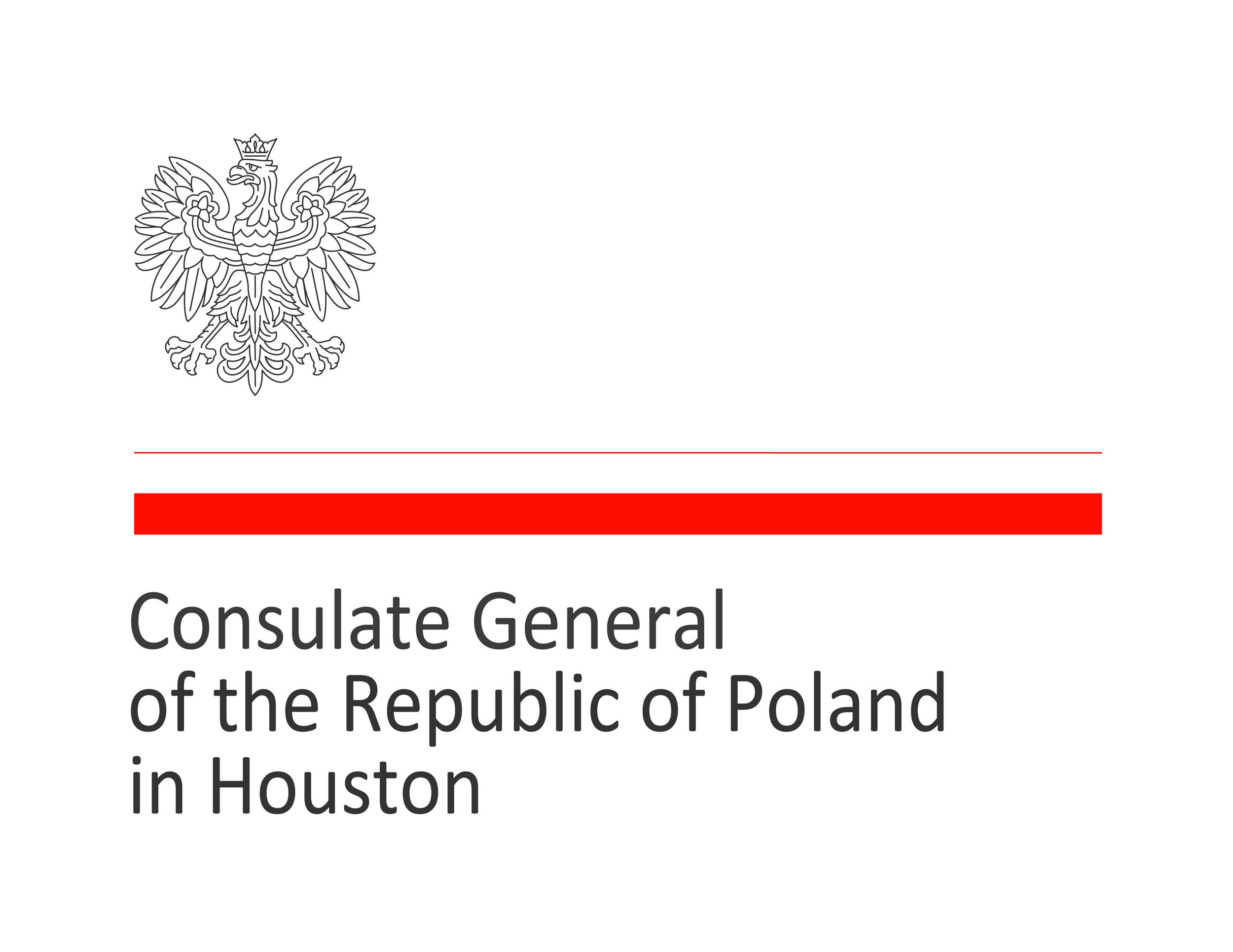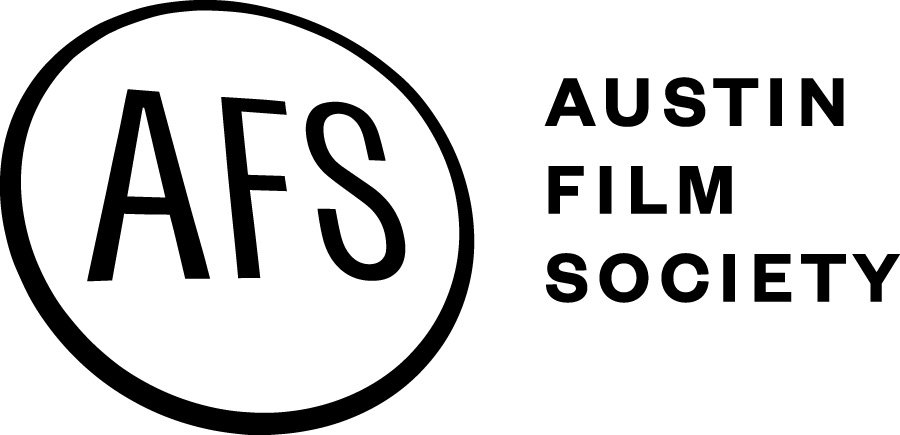Crisis Point
/A conversation with the screenwriter - Marcin Ciastoń.
Marcin CiastoŃ (Photo by Agata Murawska)
Joanna Sokołowska-Gwizdka: Mr. Marcin, during this year's Polish Film Festival in Austin, Texas, we are showing the psychological thriller "Wyrwa," inspired by Wojciech Chmielarz's novel. How was your experience adapting this novel into a screenplay?
Marcin Ciastoń: Producers Joanna and Paweł Wernikowie, along with director Bartosz Konopka, brought me on board for this project. Before that happened, I of course read the book and quite quickly thought of an idea for it. Intriguingly, I found echoes of myself in the main character, especially in the contemplative "what if" moments. We rarely think about our relationships at crisis points, we prefer not to imagine it. That was enough for me. One of the more important decisions and changes from the original, which the film's co-creators accepted, was moving [SPOILER] the funeral of the hero's wife to the end of the story. The book plays it out differently. I wanted all his actions to be driven by the desire to know the truth before this event. This required me to rearrange some sequences to achieve a coherent story. I wanted to stay as close to the original as possible and I hope that despite these changes, I achieved that.
In the film, the journeys and experiences of the characters are revealed progressively, painting a profound psychological portrait of each individual.
Every novel and every film are not just events, but primarily emotions, so even if the characters don't say the exact same words, and things don't happen to them at the exact same moments as in the pages of the novel, it's the emotions that convey the essence of the story. That was my idea. I also proposed a way to get into the hero's head through his imaginations about the accident, which recur several times, in different versions. We also talked a lot with the director about the convention of the story – the story is dramatic, but we looked for moments that would give the audience a breath and highlight the relationships between the characters. This led us to elements of humor. The film blends intense seriousness with moments of levity. Many of these comedic elements were further developed on set, in the heat of shooting, in the director's vision. Of course, the work went through many versions of the script, long conversations and collective reflection on the journey that our characters go through. I introduced certain ideas to the script during the pre-production period – both the selected locations and actor readings turned out to be very inspiring.
In “Wyrwa”, the seamless blend of humor and tension captivates viewers, often leaning more towards creating suspense than amusement. How do you strategically intensify this tension throughout the script? And how do you navigate the characters' intricate narratives, ensuring they resonate authentically while melding humor and tension?
Scriptwriting can be likened to a game – sometimes it's like piecing together a puzzle, at other times it's akin to playing Jenga or solving a sudoku. One wrong move and something is off; you must go back, erase, correct. Writing is rewriting, so as we get to know the characters better - this journey is a bit like forming new relationships, usually with fictional people - we begin to understand what drives them, what they fear, what pleases them. And we put them to the test, put them in situations they'd rather not be in, to see how they'll cope. In the case of "Wyrwa", these elements were already present. The task was to extract their essence and create a unique "dish", like a MasterChef dish, heavily inspired by the original, often faithful, but perhaps affecting different senses. There's of course a plan – before I start writing, I get to know the characters, define them, identify them. Sometimes this comes out in the scenes because they might do something unexpected. Often, it's analyzing their behaviors, thinking about it, playing the psychologist. I'm fascinated by this duality of creativity, because as authors, we need knowledge but also to be deeply inside the characters' heads – put them in various situations and observe them from the inside. It fascinates me.
Sometimes novel authors are so attached to their text that they aren't willing to accept changes. However, literary language and film language differ significantly. How did you collaborate with Wojciech Chmielarz?
At the beginning, I felt some stress because it was the first time I was adapting another author's story, especially such a well-known and respected writer. But there were no restrictions imposed on me. I had freedom; I could suggest, and at worst I would face rejection. But most often my suggestions led to discussions and finding the direction the director wanted. After reading the script, Wojtek sent his comments which were valid, but they didn't really interfere with the text. I really value such trust, also from the director and producers. My rapport with Wojtek was stellar, a connection that extended even after the conclusion of my assignment. We even recorded an episode together in his podcast series "Crime on Monday", where we discussed the differences in our work, and most importantly, we celebrated the film's premiere together. It was indeed heartening to read Wojtek's laudatory remarks about my screenplay in subsequent interviews.
When writing the screenplay, did you envision the cast?
Not right away, but indeed quite early, which is rare. Initially, there was talk of the dream cast of producers and the director. Maybe I got a bit influenced by that. I often try to imagine a character, even if not as a known actor or actress, then someone I've seen somewhere or know. When the cast was confirmed, I was very pleased. It was an honor for me to write a script for such great talents. Reading the script with them later was also very helpful. I could refine details and supplement the script with how they see their characters. The rest is the magic that happens on set.
Photos by Robert Palka
Do you prefer working on a film script that originated in your imagination, or on an adaptation of a book where the plot is already set?
There are many great stories written by authors that can be told in a new way, given form, conveyed with emotion. It's no less of a creative achievement, and I'm ready for such challenges. But I will certainly never stop working on original ideas. Creating a world and characters from scratch has an incredible allure, and it will always be my first instinct. I will always prioritize searching for stories around and within myself.
You made your debut with the excellent film “Operation Hyacinth”, based on a true story about the gay community during the times of the Polish People's Republic. You received an award for the script during the Gdynia Festival. Which other films for which you've written the script are particularly close to your heart?
I'd rather mention a TV series waiting for its premiere, for which I wrote several episodes. I had the pleasure to work on the story for the entire season together with its creators, Agnieszka Szpila and Dominika Prejdova, and our head writer Katarzyna Tybinka. It's a unique project that combines supernatural and crime elements with historical and family drama. I love such combinations. A unique project and very inspiring collaboration – “Black Daisies”, which should be available this year in Poland on Canal+.
What are you working on now?
I'm writing a series that must remain a secret for now. Apart from that, I'm developing two feature films with directors – one story is set during World War II, the other in Latvia in the 1960s. This seems to be my calling, as in both cases we're experimenting with a genre that isn't straightforward, seeking new forms for often familiar content, of course trying not to break rules where they are necessary.
Looking at the Hollywood writers' strike, do you feel the threat of new technologies, such as ChatGPT, to your job?
I believe that in Poland, regulations regarding AI are also necessary, especially when it comes to using cultural resources and intellectual property for AI training. The solutions developed by the Writers Guild of America are, in my opinion, optimal. It would be a cruel paradox if a program trained on the creative works of creators ultimately eliminated them from the job market. However, I think we need to come to terms with the evolution of our profession. I'd rather think of it as the emergence of a new tool, like the Internet was invaluable for research. Getting to know a scriptwriter's browser history is often an intriguing experience. Currently, ChatGPT serves as a sounding board for scriptwriters, offering inspiration from known concepts. While it often presents familiar solutions, this rapid processing can inadvertently lead to the development of unique ideas.















